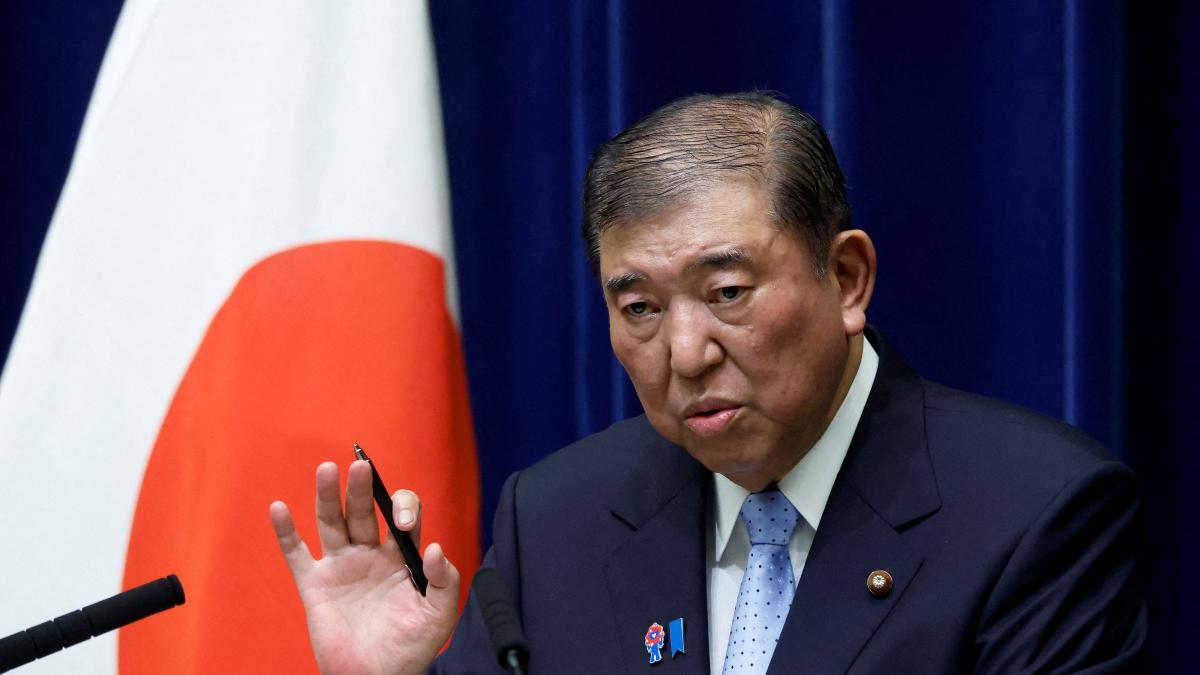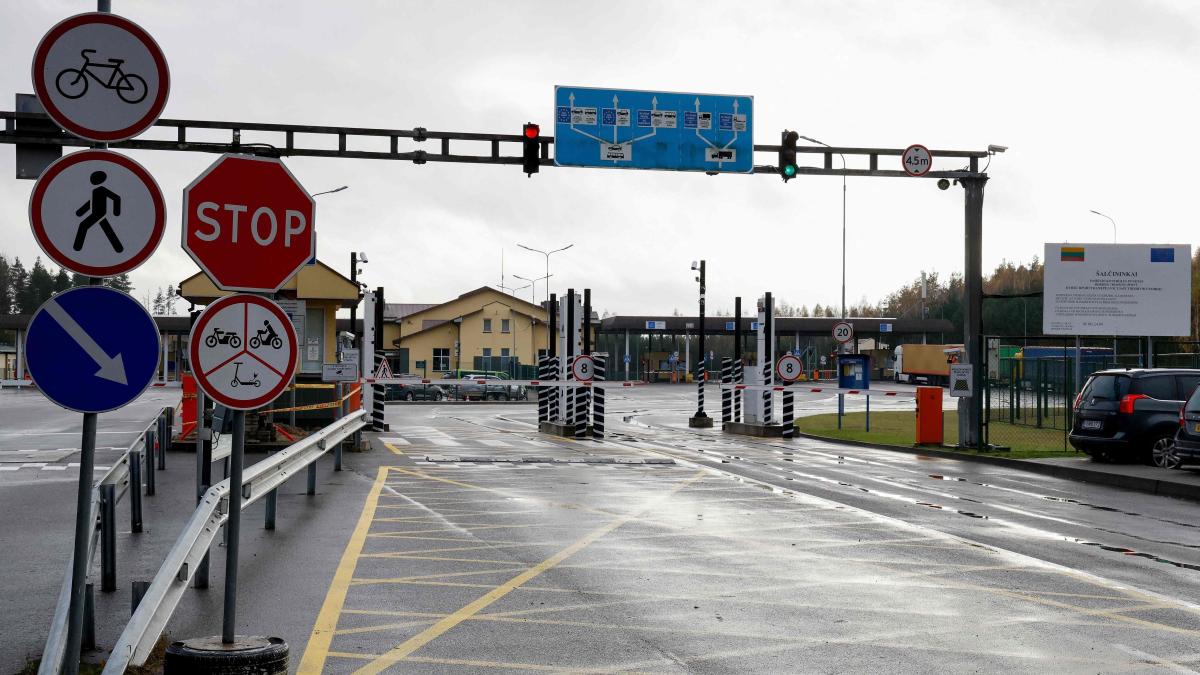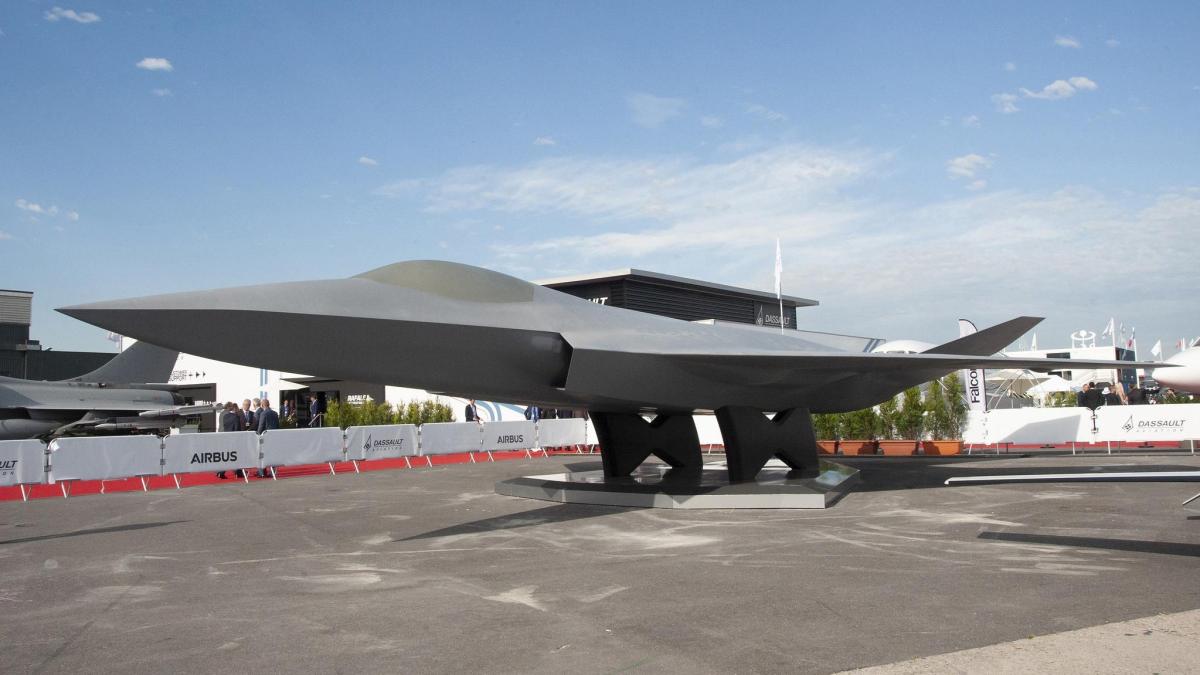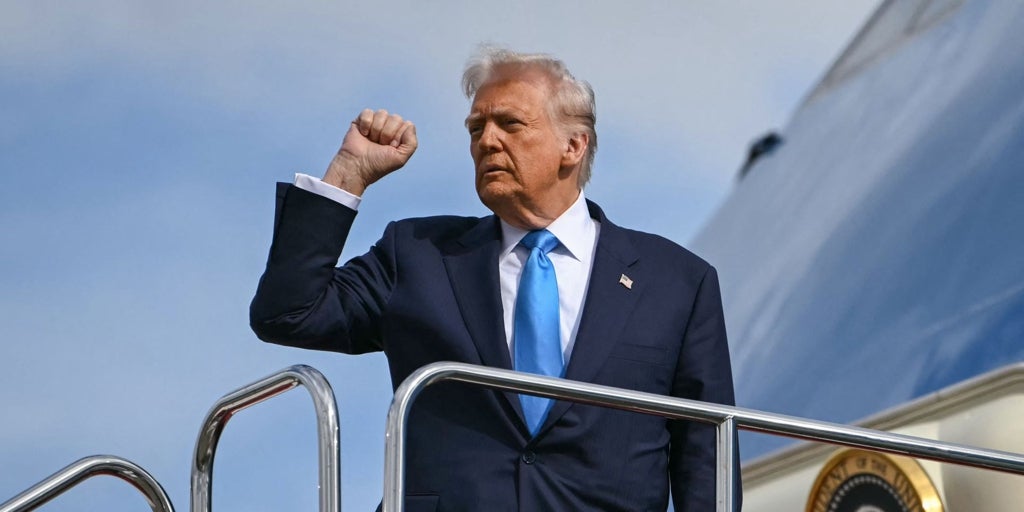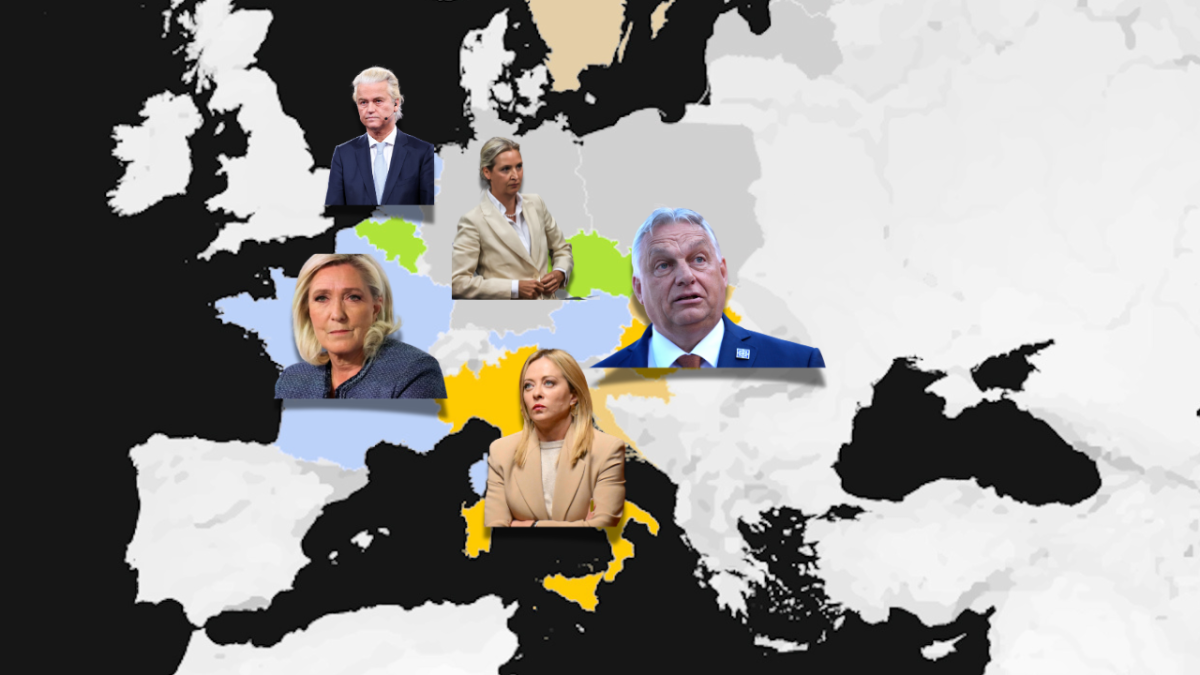“`html
Asia-Pacific and the NATO Summit: A Wake-Up Call for the West!
The Asia-Pacific region stands on the sidelines as NATO’s summit kicks off in The Hague this Tuesday, a stark reminder of the disintegrating alliances that once defined global politics. What started back at the 2022 Madrid meeting—fueled by the escalating Ukraine War—seems to be reaching a boiling point where key players like Japan, South Korea, and Australia are nowhere to be seen! Instead, the only notable figure representing the Pacific in this crucial gathering is the Prime Minister of New Zealand, Christopher Luxon. This is a major red flag, folks!
Why the absence of these leaders? It’s no secret there are serious tensions simmering beneath the surface. Japan’s discomfort is palpable. Shigeru Ishiba, a prominent voice in Japanese politics, stated that Japan will determine its own weapons budget, embracing its sovereignty while cautiously maintaining ties with the United States. In recent months, Washington has pushed for Japan to escalate its defense spending to 3%, raising alarms among nationalists who see this as interference in Japan’s independent decision-making! How far will America go to impose its will?
The Military Taboo in Japan: Consequences of American Pressure
Despite all the talk, Japan’s militarism remains a sensitive issue. For years, the Japan Self-Defense Forces have been constrained by a pacifist constitution, reflecting the horrors of its imperial past. Upping the defense budget to a staggering 5% of GDP as suggested by U.S. officials would outright betray its commitment to peace. This is an unyielding dilemma for a country still healing from its historical transgressions, and there’s no denying the U.S. is pushing hard for conformity.
“This is not a merely tactical absence; it’s a bold statement of autonomy against relentless U.S. pressure!”
This marks the first occasion in four years that a Japanese prime minister has snubbed this vital summit, attributed to multiple factors including the unilateral U.S. bombings in Iran—an act not taken lightly by Tokyo. Is the average American even aware of these geopolitical maneuvers that could shake the security architecture in the Pacific?
Trade Tensions: The Sword of Damocles
As if the military pressures weren’t enough, the looming threat of tariffs reminiscent of Donald Trump’s policies hang over Japan and South Korea like a Damocles sword. South Korean President Lee Jae Myung has also backed out of the summit, citing domestic issues—another sign that U.S. influence is waning!
- Australia’s Prime Minister Anthony Albanese follows suit, choosing to stay home amidst criticism for inadequate guarantees of meeting with Biden.
- With NATO’s focus drifting away from Asia-Pacific, one must wonder: what’s the future of these alliances?
This NATO summit is transforming into a North Atlantic affair, diminishing its global relevance while stoking conflict with a burgeoning China! The hope of reinforcing Indo-Pacific ties feels like a fading dream—does anyone still believe they can counter the Chinese colossus with this dilapidated alliance?
“The West’s double standards, especially against Israel’s actions, are eroding its moral authority. Who are we to lecture Asia on diplomacy?”
The International Landscape: Realignments on the Horizon
After failing in Middle Eastern interventions for decades, the U.S. seems out of touch with the priorities of nations like Japan and South Korea. The world is indeed watching: Singapore’s Prime Minister has just embarked on a closer relationship with China while Japan, South Korea, and Australia grapple with their own struggles to maintain sovereignty without falling under the weight of U.S. demands.
Amidst all this chaos, the question looms larger: Is NATO’s expansion into the Pacific merely an illusion? As nations begin reafirming their independent policies, could this shift herald a new era of alliances that prioritizes national interests over asymmetric loyalties?
The geopolitical chessboard is being rearranged, and the implications of the NATO summit absence could signal an unravelling that isn’t good for America or its traditional allies in the Indo-Pacific.
“`

